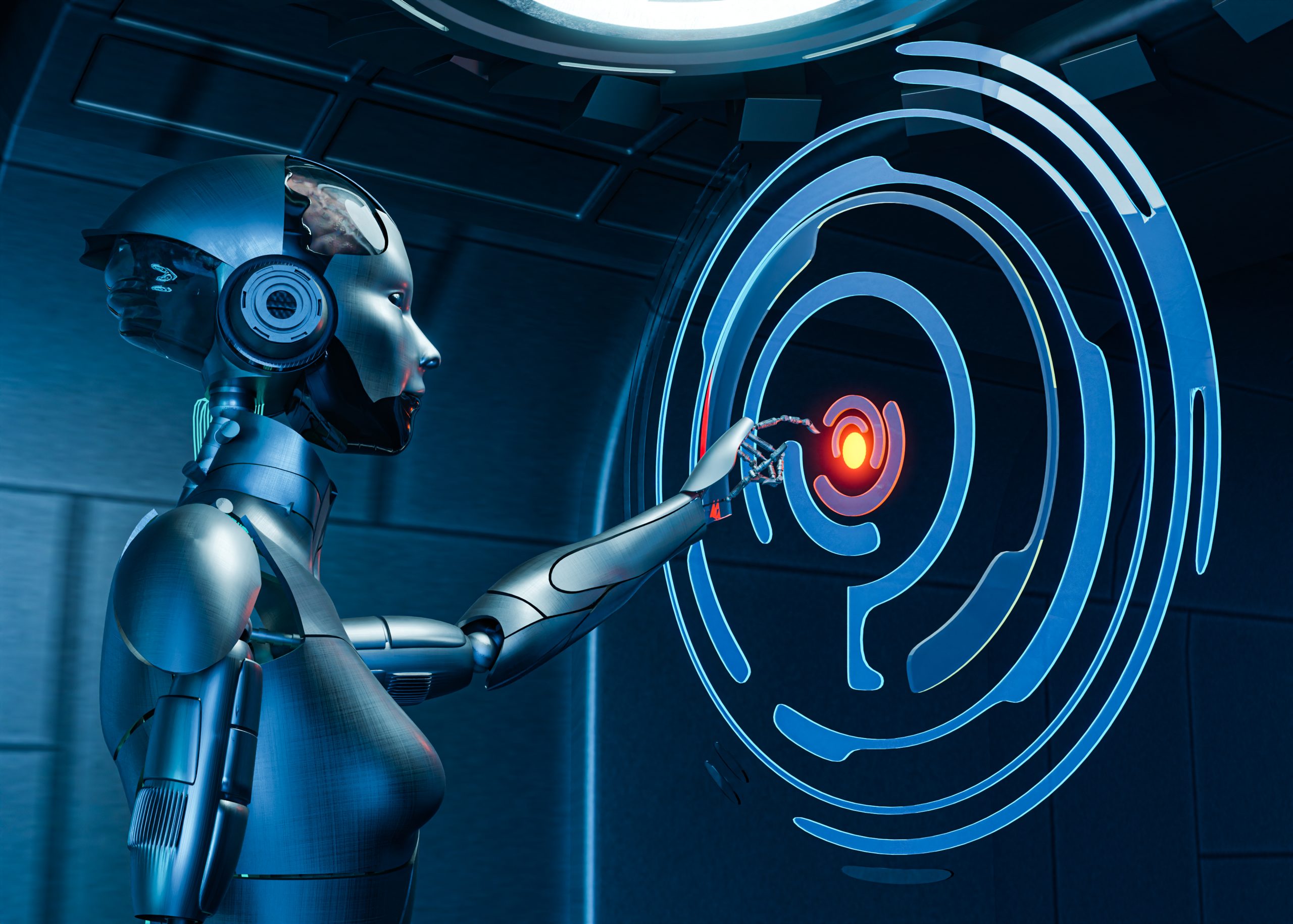Artificial Intelligence (AI) is expected to have a major impact on shaping our lives and the world we live in. Here are some potential developments in the future of AI:
Automation
AI will automate many tasks and processes, leading to greater efficiency and cost savings across various industries. For instance, AI-powered chatbots can help businesses reduce customer service costs by handling simple queries, freeing up human agents to deal with more complex issues.
Natural Language Processing (NLP) Advancements
NLP will become more sophisticated, allowing AI to better understand and process human language, leading to improved interactions between humans and AI systems. This will open up new opportunities for businesses to leverage AI for customer service, sales, and marketing. For example, voice assistants like Siri or Alexa can provide personalized recommendations and perform actions based on natural language queries.
General AI
Researchers are working towards creating more general AI systems that can perform a wider range of tasks and exhibit human-like intelligence. Currently, most AI systems are designed to perform specific tasks such as image recognition, speech synthesis, or playing games. With the development of general AI, machines can learn from experience, adapt to new situations, and perform a variety of tasks with a high degree of accuracy.
Integration into Daily Lives
AI will become increasingly integrated into our daily lives, from our homes and workplaces to our cars and cities. For example, smart homes equipped with sensors and AI algorithms can learn from our habits and preferences, adjusting the temperature, lighting, and other settings to create a personalized living environment.
Ethical Concerns
As AI evolves, there will be growing concerns about ethical issues such as data privacy, algorithmic bias, and job displacement. Addressing these issues will be important to ensure responsible development and deployment of AI. For instance, companies need to be transparent about how they collect, use, and store data from users, and take steps to minimize the risk of data breaches or misuse.
The future of AI will bring both opportunities and challenges, and it will be important for individuals and organizations to stay informed about the latest developments and be prepared for the impact of AI on our world. With careful planning, ethical considerations, and collaboration between stakeholders, we can harness the power of AI to improve our lives and create a more sustainable and equitable future.

